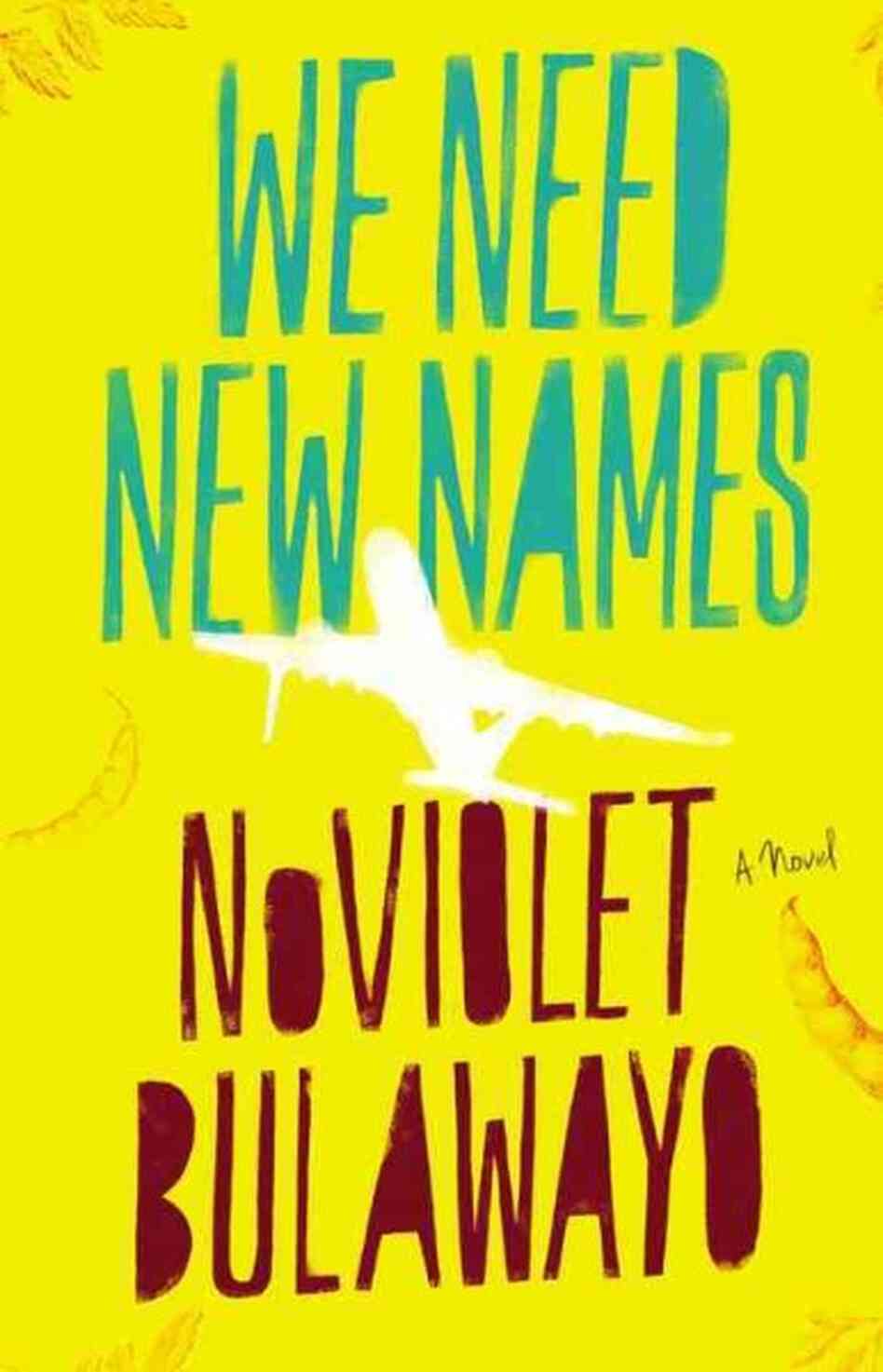I have been going off social media during the weekdays the past few months as I try to finish writing my dissertation, so I only just remembered to check the Booker shortlist to see if NoViolet Bulawayo's brilliant debut novel
We Need New Names: A Novel
, which was longlisted, had made it. It has been. I'm so delighted.

I had the rare pleasure of reading the novel in one sitting in the Atlanta airport back in June of this year, as I waited for 7 hours for the British Airways desk to open so that I could change my ticket back to Nigeria for a longer layover in London. (A long story involving British Airways ridiculously refusing to let anyone make ticket changes over the phone or internet on tickets to Nigeria. I caught a ride with my aunt to a MARTA train station at 7:30am. I got to the airport by around 8:30am, and then discovered that the British Airways desk would not open until 3:45pm. I was pretty annoyed, but after a day with
We Need New Names, I was grateful for the guiltless time to just sit down and read. The airport was a perfect place to read a novel places itself between two worlds.)
The novel builds on Bulawayo's Caine Prize winning short story
"Hitting Budapest." While, to be perfectly honest, I had not loved that story, I thought the novel, with its attention to detail and form, was brilliant. I could not help comparing it to Chimamanda Ngozi Adichie's novel
Americanah
,which I had read a few weeks earlier. I also like Adichie's novel a lot and
thought it was very honest, but compared to
We Need New Names, it felt like cardboard. In part that is because the novels are doing two different things.
Americanah is partially a satire--another reviewer I read compared Adichie to Jane Austen--and in satire there are a lot of flat characters. But, while I thought the elite Ivy League America Adichie describes feels very familiar, the America where immigrants become stuck may be more representative.
We Need New Names was very deep. Almost every person, place, and event had multiple meanings. Sometimes, I felt the symbolism was a bit too heavily encrusted, but the irreverent funny voice of the protagonist Darling, who describes Zimbabwe with a child's eyes and America with an adolescent's angst, lifts the novel from any over-literary fustiness. The book, when I first read it, took my breath away, and I am delighted it has been honoured by the Booker. I highly, highly recommend.For more of my thoughts on the novel,
check this link.
 I had the rare pleasure of reading the novel in one sitting in the Atlanta airport back in June of this year, as I waited for 7 hours for the British Airways desk to open so that I could change my ticket back to Nigeria for a longer layover in London. (A long story involving British Airways ridiculously refusing to let anyone make ticket changes over the phone or internet on tickets to Nigeria. I caught a ride with my aunt to a MARTA train station at 7:30am. I got to the airport by around 8:30am, and then discovered that the British Airways desk would not open until 3:45pm. I was pretty annoyed, but after a day with We Need New Names, I was grateful for the guiltless time to just sit down and read. The airport was a perfect place to read a novel places itself between two worlds.)
I had the rare pleasure of reading the novel in one sitting in the Atlanta airport back in June of this year, as I waited for 7 hours for the British Airways desk to open so that I could change my ticket back to Nigeria for a longer layover in London. (A long story involving British Airways ridiculously refusing to let anyone make ticket changes over the phone or internet on tickets to Nigeria. I caught a ride with my aunt to a MARTA train station at 7:30am. I got to the airport by around 8:30am, and then discovered that the British Airways desk would not open until 3:45pm. I was pretty annoyed, but after a day with We Need New Names, I was grateful for the guiltless time to just sit down and read. The airport was a perfect place to read a novel places itself between two worlds.)
No comments:
Post a Comment